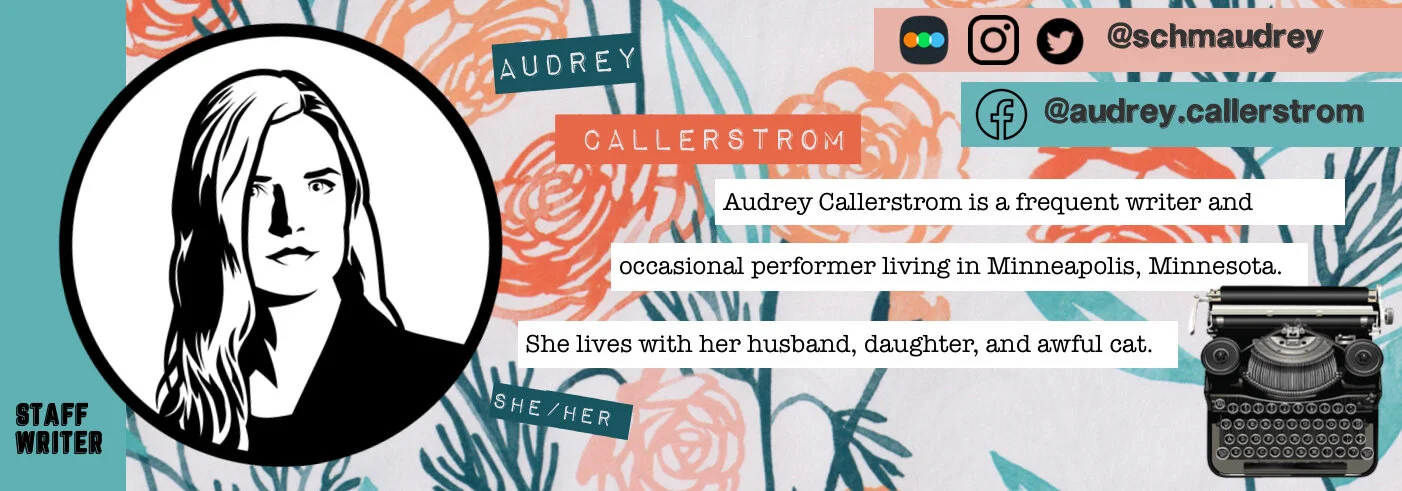THE POWER turns a novel premise into a familiar story
Written and directed by Corinna Faith
Starring Rose Williams, Emma Rigby, Charlie Carrick, Diveen Henry, Clara Read, Shakira Rahman
1 hour 32 minutes
Unrated – violence
Streaming on Shudder starting April 9
by Audrey Callerstrom, Staff Writer
In the United Kingdom in 1974, in order to conserve electricity and save it for use by industrial facilities as well as coal miners, commercial users of electricity were limited to three specified consecutive days’ consumption each week of electricity. There was also a uprising going across many industries, including in the public sector. Unable to keep up with high rates of inflation, pay raises were capped, and trade unions were up in arms. Much of this is conveyed in the opening scenes of Corinna Faith’s debut film The Power, a Shudder exclusive horror film with solid performances and an eerie setting that slips into familiar horror territory.
Rose Williams (of the TV series Reign and Curfew) stars as Val, a young, idealistic recent graduate who gets a job as a nurse at a nearby hospital. She’s kind and wants to help people; the matron, a stern and harsh woman (Diveen Henry), has disdain for the patients. “People here are like animals,” she tells Val. On Val’s first day, she’s responsible for the night shift during the blackout. Several patients are moved to another hospital and a few remain, using the power of the sole generator to run any necessary machines to keep people alive. In addition to the hostile matron, Val is in the company of a the charming pediatrician Dr. Franklin (Charlie Carrick), her former classmate and rival Babs (Emma Rigby), and nurses who look after the infant ward (Gbemisola Ikumelo and Nuala McGowan). One of the nurses is reading a hardcover of Stephen King’s Carrie, a nice little nod to the horror canon even if it didn’t come out until spring of that year, and the story takes place in January. Val takes to a young Indian girl, Saban (Shakia Rahman), who speaks little English but appears to need to communicate something important to Val.
The Power unfolds nicely but rather predictably as peculiar things start to happen. Val is suddenly pushed, and later, choked. A nurse is blinded. Val feels a hand lift of the back of her skirt, but no one is there. She coughs black mucus, and black ash starts flowing through the vents. In the film’s eeriest shot, a room full of the sick and elderly sit up from their beds in unison, arms outstretched like zombies. Williams as Val does some impressive physical work as something starts to take over her body. She contorts, croaks, throws herself through a window. Is it Val, who has a troubled past, or is there something else going on? The answer is, of course, “something else.” In finding that “something else,” The Power goes on autopilot. Can we have a mystery within horror films of this ilk that isn’t about raped, abused, or murdered women or children? The title has a clear double meaning as revealed later in the film, but it ends up feeling hollow somehow.
The film’s strengths lie in its performances, specifically Williams, who really goes for it in a scene of feverish possession in a way that made me hope she didn’t pull any muscles. Likewise, it’s a visually striking film, particularly in how subjects are kept in center frame, in shadow, and at a significant distance. A dim hallway, walls lined with mint-green tile, looks foreboding. The hospital itself looks like a relic. Gas heaters emit a perpetual hissing sound, a generator roars. Even when sunlight peers in at dawn, it seems unwelcomed, and it’s still overcast anyway. I wish The Power took better advantage of its eerie, historic setting as a way to build the story rather than falling back on a ghost story like many we’ve seen before.


